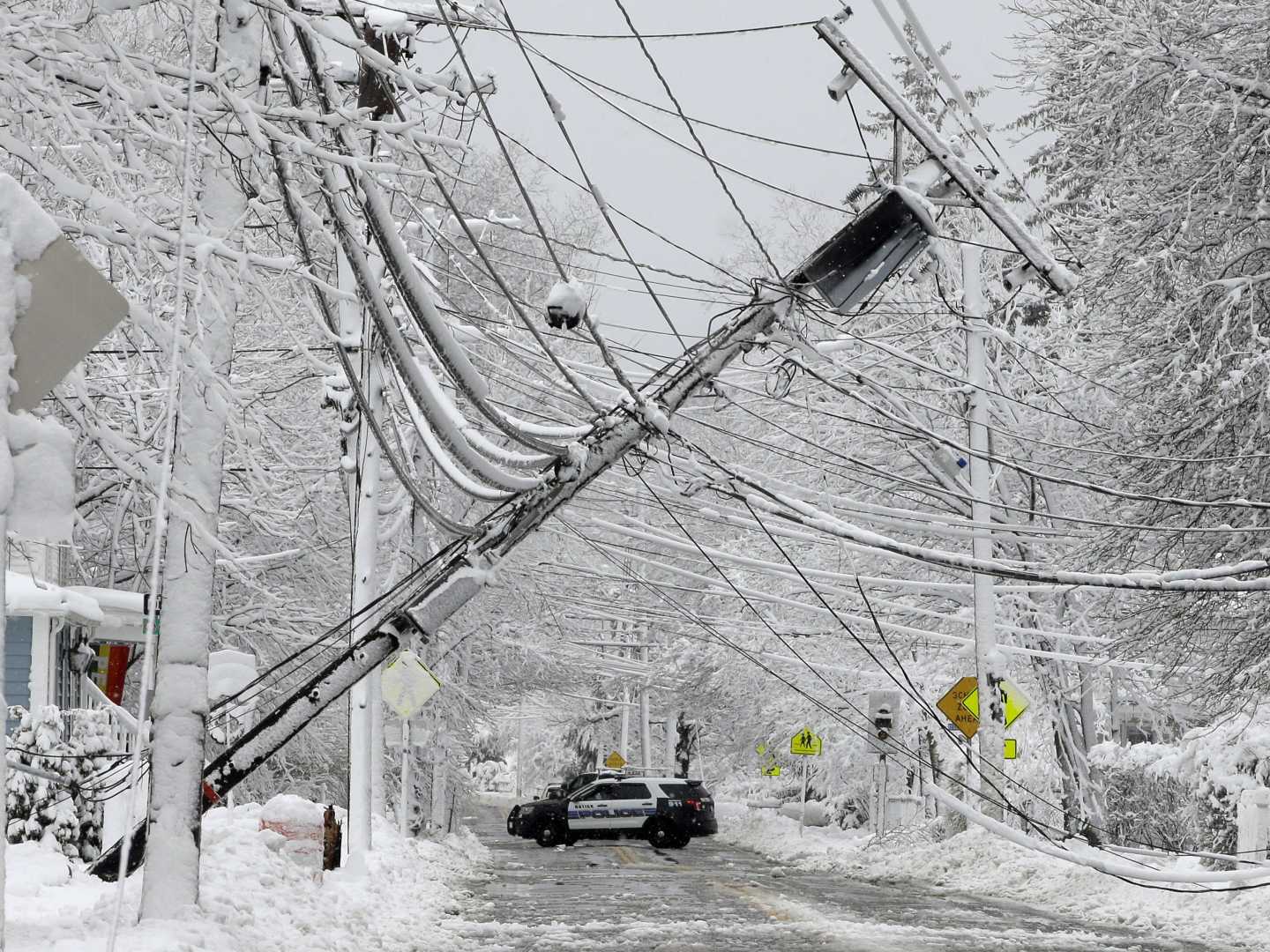News
Arctic Blast Strains Power Grids as Temperatures Plummet

IDAHO FALLS, Idaho — As temperatures plunge below zero this week, residents across the region are cranking up their heaters, but utility companies warn that increased energy usage could strain power grids and lead to outages.
Rocky Mountain Power spokesman David Eskelsen said freezing temperatures and heightened energy demand can expose vulnerabilities in the electrical system. “Extreme weather of any kind introduces stresses on the system because customers typically use more energy during these times,” Eskelsen explained. “That’s when normal wear and tear on the system can expose weak points.”
While the power infrastructure is designed to handle cold weather, Eskelsen urged customers to be mindful of their energy consumption. He recommended avoiding high-energy activities during peak hours, which typically occur between 6 a.m. and 8 a.m. and 5 p.m. and 9 p.m.
To help residents stay warm while conserving energy, Rocky Mountain Power offered several tips: setting thermostats to 68 degrees Fahrenheit when awake, lowering temperatures at night, closing window coverings to reduce drafts, and sealing air leaks around doors and windows. The utility also advised washing clothes in cold water, cleaning dryer lint filters after each use, and unplugging unused appliances.
“Be aware of the energy that you’re using and make sure it’s only what you need,” Eskelsen emphasized.
In Central Oregon, Pacific Power is also bracing for a surge in electricity demand as an Arctic blast sweeps through the region. The utility echoed similar recommendations, urging customers to take steps to prevent overwhelming the power grid.
As the cold snap continues, residents are encouraged to stay informed about energy-saving measures and prepare for potential outages. For more information, visit local utility websites or contact customer service representatives.












